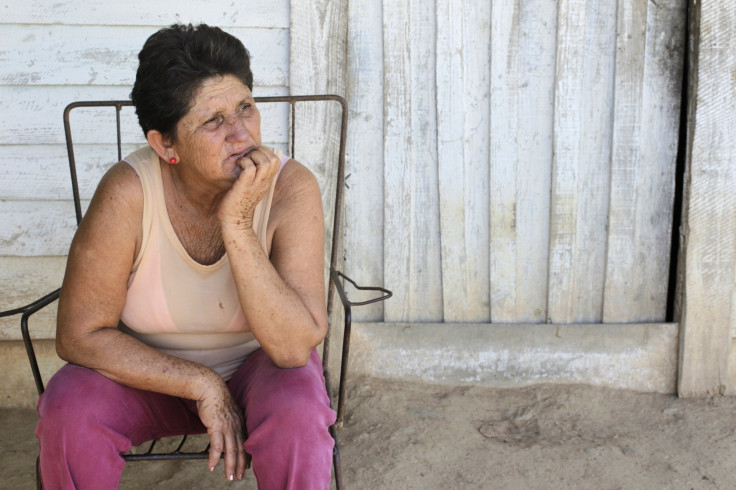
Santiago de Cuba suffers from two types of drought this summer. Lacking rainfall and assaulted with record-breaking heat, the region surrounding the southeastern coastal is facing the driest year in a decade, according to state media. A party newspaper reports that the lack of water will hurt harvests and foil reforesting efforts . But there’s another drought that’s hurting the local economy that you won’t find in the folds of the socialist press: an ongoing lack of foreign tourists. Santiago is Cuba’s second-largest city, but it receives less than one tenth of tourism that Havana does, according to sources cited by the AP .
Already, Cuba is seeing the snowball effect of capitalism and development. Santiago gets less tourists because it has less infrastructure: fewer hotel rooms, poorer internet access and weaker transportation. As a result, there’s less private money to invest in restaurants, Airbnb lodging, as the other entrepreneurial projects that are driving economies outward along the northern seaboard: Havana, the capital, and Varadero, a highly developed resort town.
Changes in how tourists reach the island could further the touristic divide. In May, Cuban tourism was up 15 percent, according to Stratfor , due in part to an uptick in American visitors. Those increases happened even with ongoing travel restrictions and high prices to reach the island. Flights from the U.S. to Cuba are still chartered, making them expensive. Ferries are not yet allowed. The U.S. has already approved ferry services from South Florida cities, but Cuba is yet to give them the go-ahead. Once it becomes as affordable to reach Havana, Cuba as it is to reach Cancun, Mexico, then an even more significant Americans might begin to precipitate.
A literal hurricane, Sandy, ripped the city apart in 2012. It has barely recovered. In Cuba’s two-tiered economic system, an imbalance in growth could have the same effect: too much storm in one place. This is already happening at a societal level. The centrally planned communist economy has for years guaranteed a basic needs. Most Cubans don’t have to pay for rent or health insurance, according to Codepink activist Medea Benjamin . Ration cards give citizens the bare necessities, free food for a meagerly paid, mostly state-employed workforce. Tourism has spearheaded a second economy, where investment is allowed and growth in employment and wages are possible. The combination of the two systems has led to some strange outcomes. Waiters make more than doctors. Food is rationed in the official market and sold in the black market.
The fear is that Cuba could grow unevenly as well, with Santiago become a sort of post-Soviet eastern Germany that everyone leaves for jobs in the “West.” Such a transition can be done okay but comes at a cost. In China, a state-capitalist model gutted the countryside as young people were drawn to the coast for factory jobs. Yet the manufacturing economy has proven to be robust. By contrast, tourism is an unpredictable market for developing countries. There’s a high season and a low season and vacations are the first to get cut when the economy of developing economies is tight. There’s also the possibility of total collapse. For example, the Bali Bombing in 2002 destroyed a local economy overnight and 40 percent of all jobs were lost.
If the tourism industry becomes the main driver of growth in Cuba, the inequality currently emerging among professions in the dual system could be seen at a regional level. At best, it could lead to a net gain in prosperity for the average Cuban. At worst, uneven development could lead to disruption of existing cities like Santiago de Cuba through urban decay and outmigration.
© 2025 Latin Times. All rights reserved. Do not reproduce without permission.




